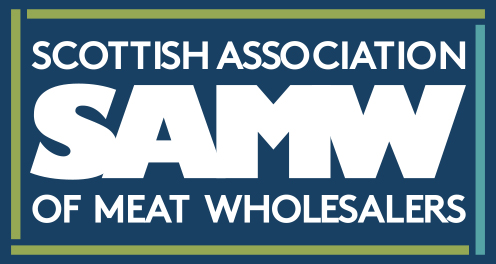Update on the FSS Meat Industry Charge Rates for 2024/25
We find ourselves at a pivotal moment regarding the impending increase in FSS meat industry charge rates for the fiscal year 2024/25. The 20% surge in the Official Veterinarian (OV) rate and the 17% hike in the Meat Hygiene Inspector (MHI) rate pose significant challenges to our industry given the current economic climate within which it is operating.
In our recent dialogue with Jenni Minto, Minister for Public Health, we outlined three primary requests:
- Comprehensive transparency regarding the costs associated with the charge rates for 2024/25.
- Consideration for augmenting the Ministerial discount for 2024/25 to counteract FSS cost escalations.
- Postponement of the implementation of the new charge rates until resolutions are reached on points 1 and 2.
While FSS has furnished us with a more detailed breakdown of the costs comprising the 2024/25 charge rates, the unresolved issue of the Ministerial discount persists. As the first invoices will soon be issued, we have once again reached out to the Minister, urgently urging a delay in the implementation of these new charge rates.
Considering that a significant portion of the rise in this year’s charge rates can be attributed to Scottish Government policies, including the forthcoming implementation of the 35-hour workweek from October 1st, 2024, and the pay award increases spanning from 2023 to 2025, it’s important to recognise that these factors are beyond the control of our industry. As they do not mirror the commercial realities within meat plants, it becomes imperative to seek additional support through this year’s Ministerial discount funding.
In the face of escalating costs, our customers rightfully expect us to explore every avenue to mitigate these increases through cost-saving measures. We maintain steadfastly that any cost escalations in FSS charge rates should be met with corresponding efforts to offset them. It is our firm conviction that the burden of increased costs for official controls should not unilaterally fall upon the industry without exhaustive exploration of all operational adjustments to mitigate these escalations. As it stands many plants may simply not pay the increase when faced with the invoices calculated at the new charge rates.
SAMW continue to collaborate with FSS, offering insights and potential strategies that could alleviate the industry’s burden. As we navigate this challenge, we remain committed to advocating for a sustainable future for our sector.
